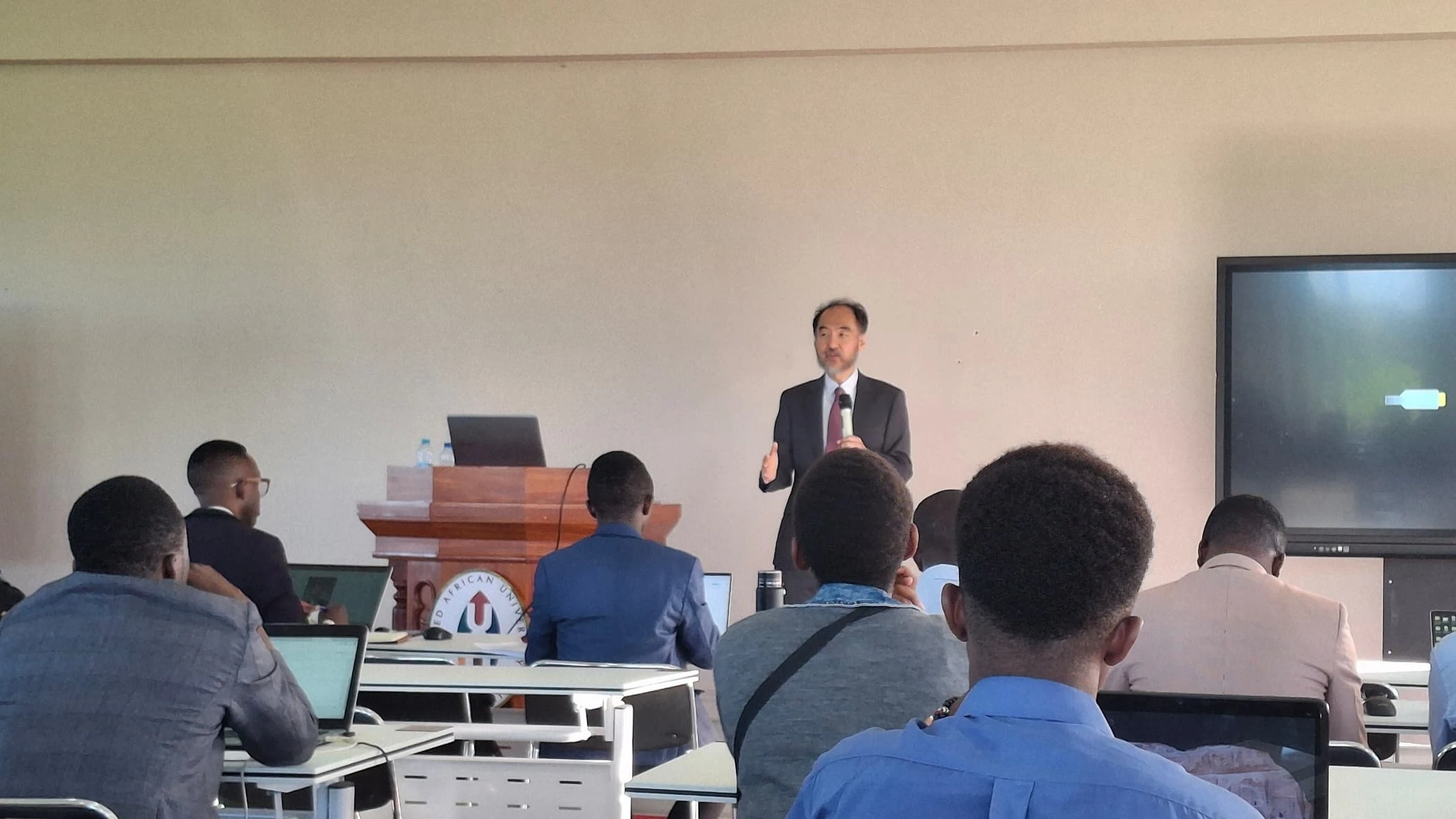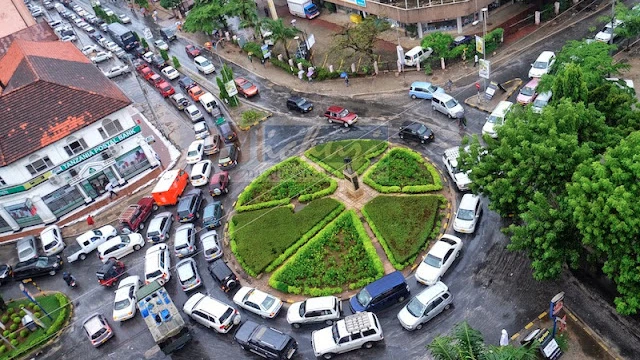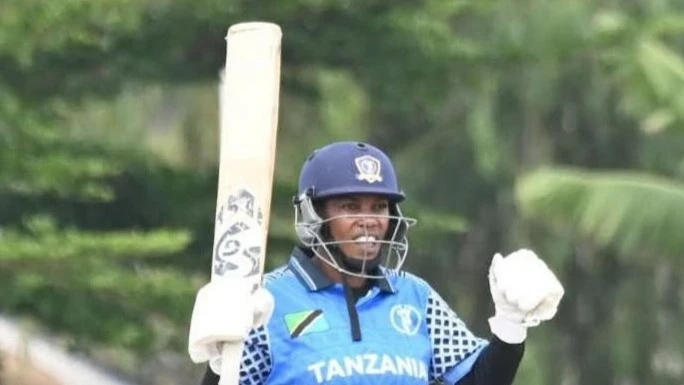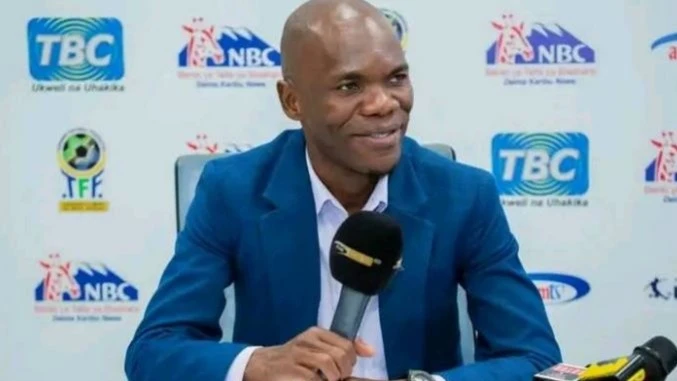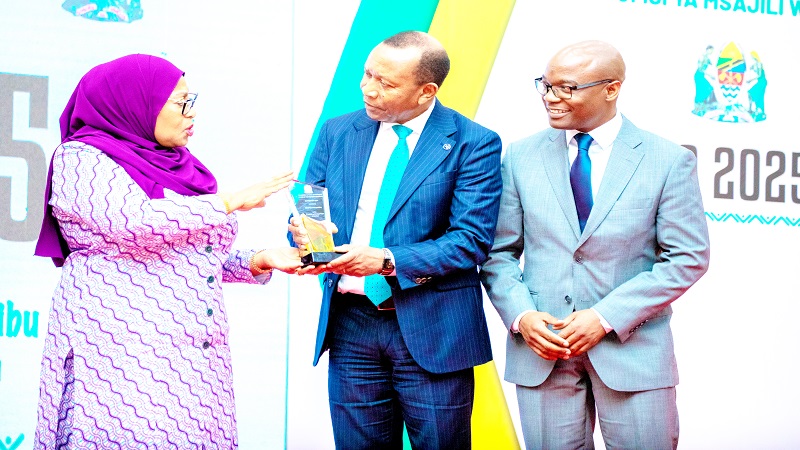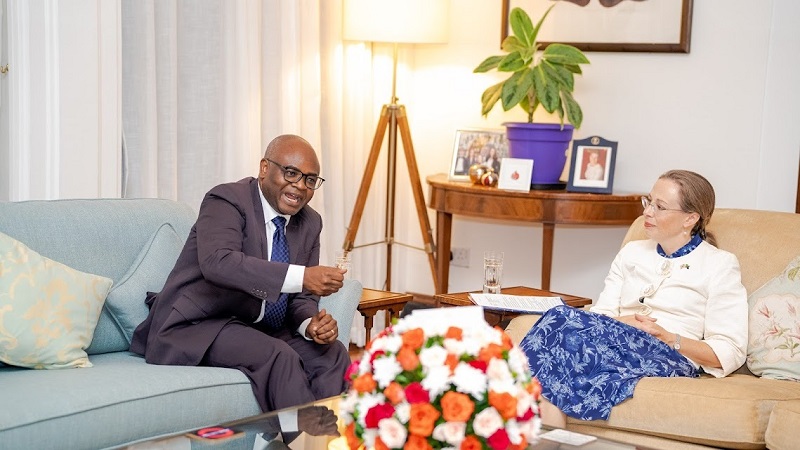‘Tanzania–India ties deepening amid shared global aspirations’
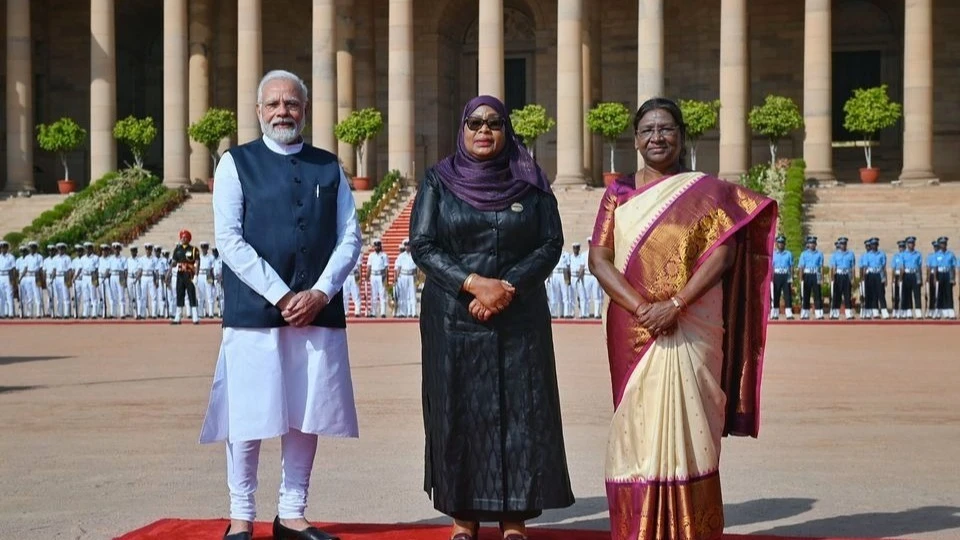
INDIA has reaffirmed its commitment to deepen its multifaceted partnership with Tanzania in the areas of security, education, trade and development.
Samir Bhattacharya, associate research fellow for Africa at the Observer Research Foundation (ORF) made this affirmation at a briefing for visiting journalists from various African countries on Wednesday, underlining that both nations are positioning themselves as key players in a shifting global landscape.
Emphasizing the growing strength of Tanzania–India relations, he said that the bond is rooted “not only in commerce but also in shared educational values and strategic priorities.”
He said President Samia Suluhu Hassan is an alumna of Jawaharlal Nehru University (JNU) where he also completed his PhDs, in which case that academic connection is a pointer to meaningful and respectful partnership between the two countries.
India is among the top five destinations globally for African students, offering affordable and high-quality education, he said, noting that this appeal extends beyond students to include African diplomats based in India.
Many of them pursue postgraduate and doctoral degrees at leading Indian institutions, as African students value the quality of education and the reasonable cost, he stated, affirming that it strengthens people-to-people connections.
Security cooperation has become an increasingly important part of the Tanzania–India relationship, especially in response to growing threats such as terrorism and maritime insecurity in the region, he stated.
A recent trilateral maritime exercise involving India, Tanzania and Mozambique underscored the shared commitment to stability in the Indian Ocean, the researcher noted, underlining that cooperation is intended to ensure Indian Ocean rim countries are safe, which is vital for global stability and the safety of trade routes.
A defence exhibition hosted in Tanzania two years ago also reflected India’s engagement in enhancing Tanzania’s defence capabilities through technology exchange and training, he said.
“Strategic minerals development is a cornerstone of the evolving partnership. Tanzania—alongside other resource-rich nations such as Zimbabwe and South Africa—holds significant reserves of critical minerals essential for digital technology, electric mobility and renewable energy,” he explained.
Indian experts acknowledge that many African countries are now seeking to prevent the export of unprocessed minerals, and instead requiring local value addition, citing Zimbabwe as taking firm steps in that direction.
Gautam Chikermane, the ORF vice president said that India doesn’t just want to extract these resources but build partnerships—helping African countries develop their local capacity and move up the value chain. “That’s the only sustainable way forward,” he declared.
Tanzania, currently developing its critical minerals policy, sees India’s interest in value-added investment as a welcome shift toward inclusive industrial development, he stated.
Ongoing regional challenges—such as instability in Ethiopia and disputes around the Nile River—call for long-term, African-led solutions rooted in capacity building and mutual respect, he affirmed.
“Many European countries that are stable today took decades to get there. Africa deserves the same time and space to build its institutions and take control of its own security,” he pointed out.
As the fourth industrial revolution reshapes the global economy, partnerships built on trust, respect and shared prosperity will become increasingly vital, he said. “Our future lies in cooperation that lifts both sides. “This is not aid—it’s strategic partnership,” he added.
Top Headlines
© 2025 IPPMEDIA.COM. ALL RIGHTS RESERVED








